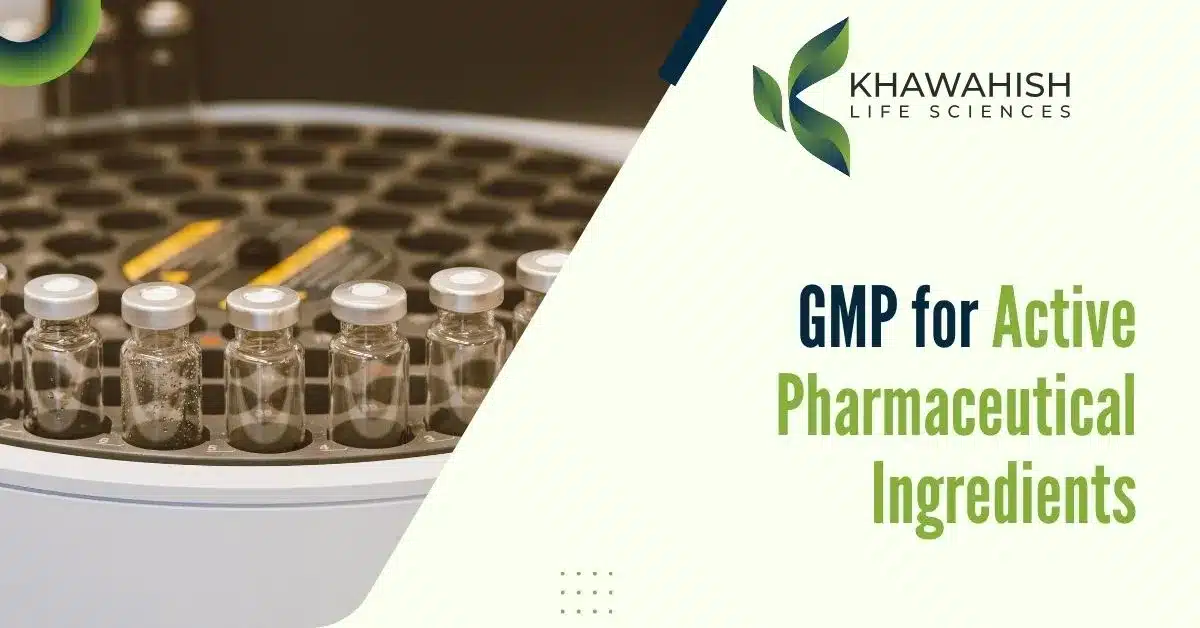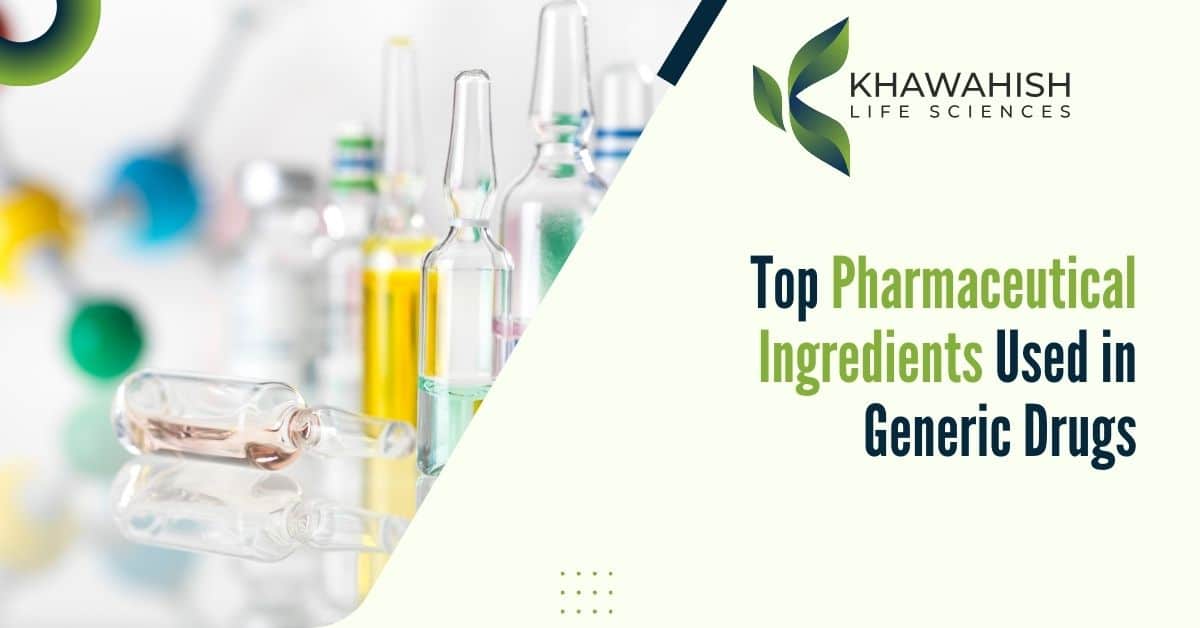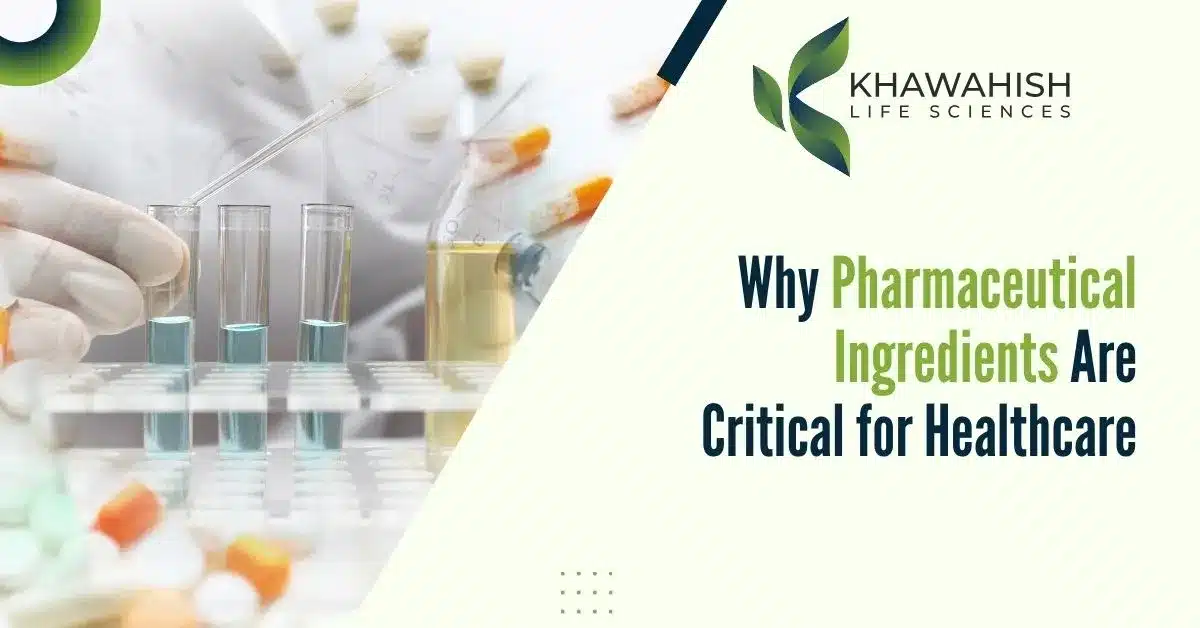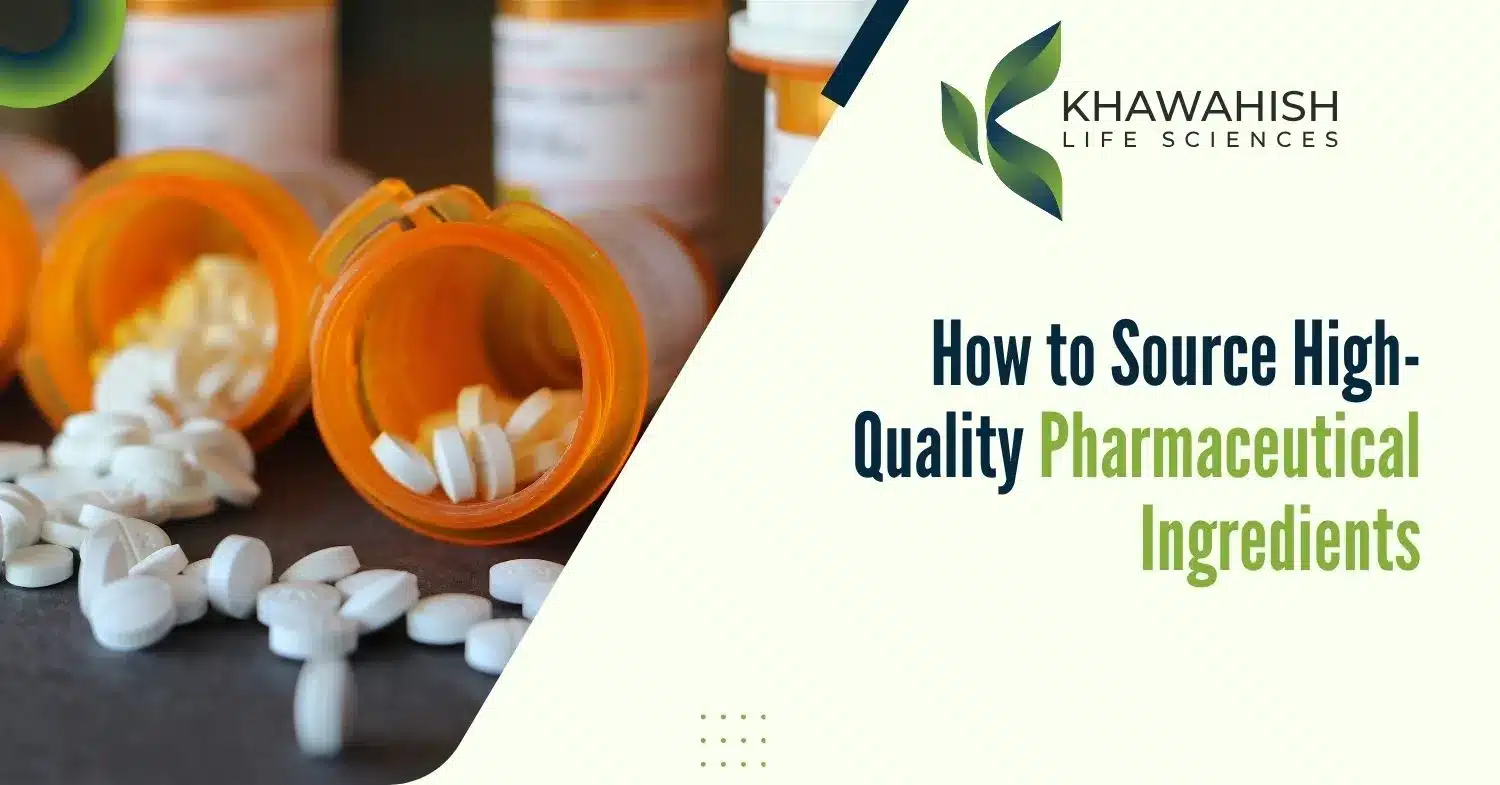
Good Manufacturing Practice (GMP) is a critical component of pharmaceutical manufacturing, especially when it comes to Active Pharmaceutical Ingredients (APIs). These ingredients form the foundation of every medicine, and any compromise in their quality can directly impact patient safety and drug efficacy. Regulatory bodies worldwide—such as the FDA, EMA, and WHO—mandate strict adherence to GMP guidelines for API production to ensure consistent quality, purity, and compliance. In this blog, we explore what GMP means for API manufacturers, why it’s essential, and how businesses can stay compliant in 2025 and beyond.
What is GMP in API Manufacturing?
GMP (Good Manufacturing Practice) is a system that ensures products are consistently produced and controlled according to quality standards. In the context of Active Pharmaceutical Ingredients (APIs), GMP safeguards the integrity, efficacy, and safety of pharmaceutical components before they become finished drug products.
Why GMP Compliance Matters for APIs
- Ensures product quality and purity
- Reduces contamination risks
- Complies with international regulations (FDA, EMA, WHO)
- Boosts trust among healthcare providers and patients
- Enables global market access
Non-compliance can result in batch recalls, import bans, or even plant shutdowns by regulatory authorities.
Key GMP Guidelines for APIs
1. ICH Q7 Guidelines
The ICH Q7 guideline outlines GMP requirements specifically for API manufacturing. It covers:
- Quality management systems
- Raw material control
- Facility and equipment maintenance
- Documentation and recordkeeping
- Packaging and labelling
- Change control and validation
Need expert GMP guidance or API manufacturing solutions? Contact us today to ensure full compliance and quality excellence.
2. US FDA & EU GMP Requirements
Agencies like the U.S. FDA and European Medicines Agency (EMA) closely follow ICH guidelines but also add their local requirements. Manufacturers must adhere to country-specific standards while maintaining global harmonization.
Key Areas of GMP in API Plants
| Area | GMP Focus |
| Raw Material Handling | Testing, qualification, and traceability |
| Equipment & Facilities | Cleanability, validation, calibration, and segregation |
| Manufacturing Process | Batch control, in-process checks, and deviations handling |
| Quality Control & Testing | Analytical testing, stability studies, and method validation |
| Documentation | Batch Manufacturing Records (BMR), SOPs, Change Control |
Trends in GMP for APIs in 2025
- Digital batch records and automation in documentation
- Use of AI for quality monitoring and predictive maintenance
- Increased emphasis on data integrity and cybersecurity
- Adoption of continuous manufacturing and PAT (Process Analytical Technology)
Frequently Asked Questions
What is the role of GMP in API manufacturing?
GMP ensures that APIs are consistently produced to quality standards, reducing risks of contamination, cross-contamination, and quality failures.
Do all API manufacturers need GMP certification?
Yes, any API manufacturer supplying to regulated markets (e.g., U.S., EU, India) must follow GMP guidelines and often undergo audits by health authorities.
What is the difference between GMP for APIs and drug products?
GMP for APIs focuses on chemical synthesis, purification, and quality testing of the active compound, while drug product GMP covers formulation, packaging, and labelling.
Conclusion
Implementing GMP for Active Pharmaceutical Ingredients is non-negotiable for pharmaceutical manufacturers aiming for safety, quality, and regulatory approval. As regulations evolve, embracing technology, automation, and global standards will be critical to success.


